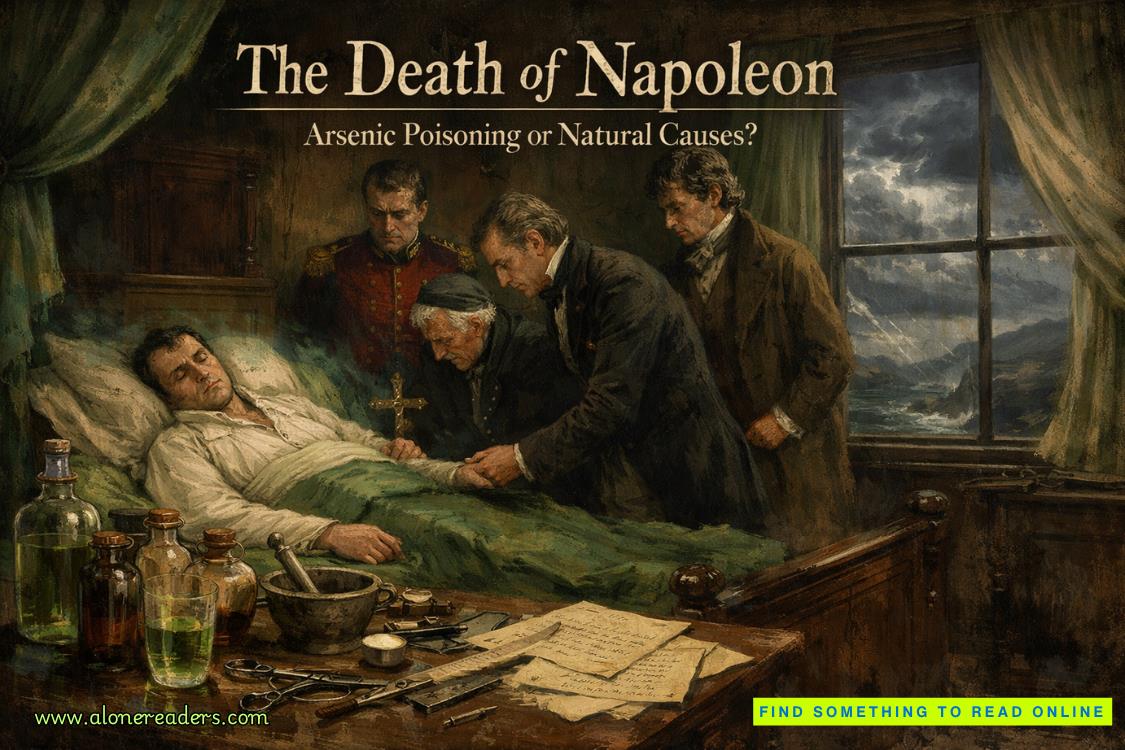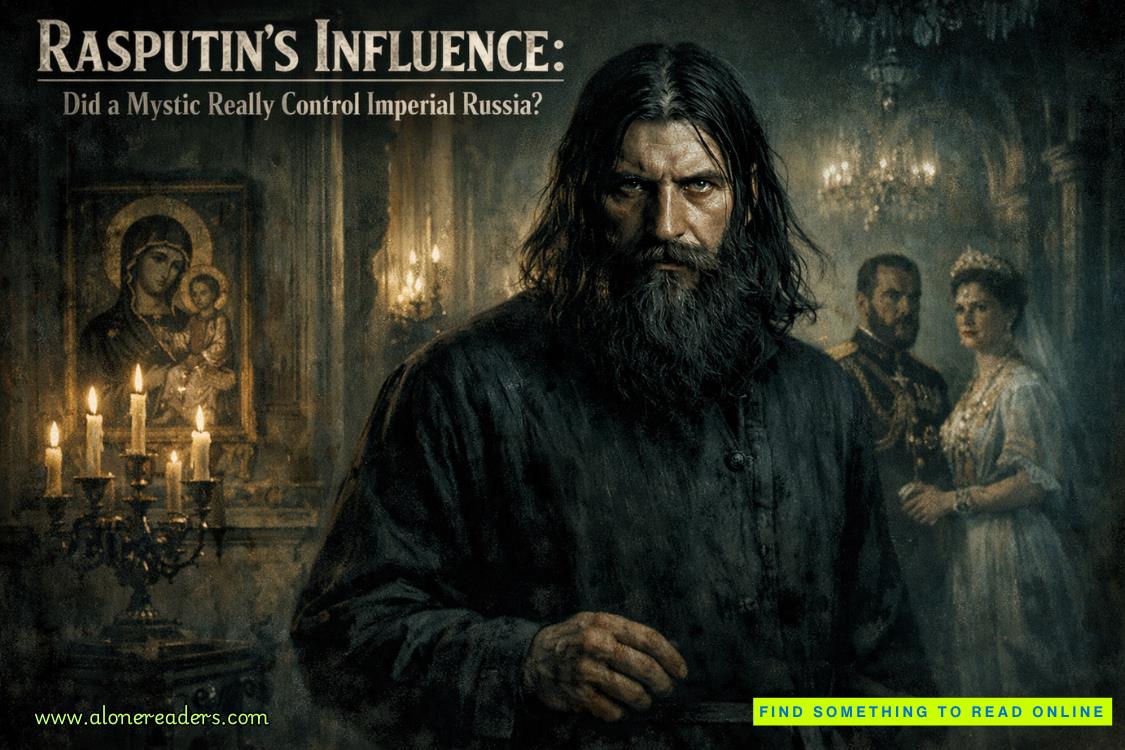He nods. “You?”
“Decision-making and risk assessment,” I say. “How cognitive systems respond to perceived threats.”
“Fear responses,” he says, and it’s not quite a question.
“Among other things.”
There’s a short silence. I flip to a clean page in my notebook, needing something to focus on besides his unsettling gray eyes.
“We should probably establish some parameters for working together,” I say.
“Parameters.” The corner of his mouth twitches. “Like rules?”
My pulse jumps at the word. “Like expectations.”
“Alright.” He leans back slightly. “What are your expectations, Nora?”
The way he says it makes me think we’re not just talking about the project anymore. I clear my throat.
“Regular meeting times. Clear division of labor. No last-minute changes.” I tap my pen against the paper. “And given our… other academic relationship, we should keep things professional.”
“Of course.” His voice is perfectly even. “Wouldn’t want to cross any lines.”
The irony isn’t lost on me. Two days ago, I admitted to him that his sexual dominance made me curious, not repulsed. Now we’re pretending we can work together like nothing happened.
Cool.
I’m definitelynotgoing to panic.
“About what I said in the tutoring center—” I begin, then stop when he raises a hand.
“You don’t owe me an explanation,” he says quietly. “We can just focus on the project.”
But his eyes say something different. They say he hasn’t forgotten. That he’s thinking about it right now, even as he offers me an easy out.
“Fine,” I say, because it’s easier than acknowledging the tension crackling between us. “Let’s talk about the project.”
For the next forty-five minutes, we discuss potential research questions, methodologies, and theoretical frameworks. Despite everything, I’m impressed by how quickly Dean grasps concepts, how he builds on my ideas rather than dismissing them. He’s focused and articulate, asking incisive questions that push my thinking in new directions.
It’s infuriating how good we are together. Academically speaking.
By the time class ends, we’ve outlined a study examining risk perception in competitive environments—a topic that neatly bridges his interest in athletic performance and my focus on decision-making.
“We should meet again to finalize the proposal,” Dean says as we pack up our things. “My schedule’s tight with hockey, but I’m free tomorrow evening.”
“I have a tutoring shift until seven,” I say, carefully not mentioning that he’s my only assigned student.
“After that, then.” It’s not quite a question.
I hesitate, then nod. “The library will be closing early for some event.”
“My place is off-campus,” he offers. “Quiet. I had a roommate, but he moved out.”
Warning bells should be ringing. Meeting him alone, at his apartment, after dark—it’s exactly the situation I should avoid.
“I’m in the dorms—a double in Mercer Hall,” I hear myself say. “It might be easier. If that’s okay.”
Something flickers in his eyes—surprise, maybe. Or interest.















